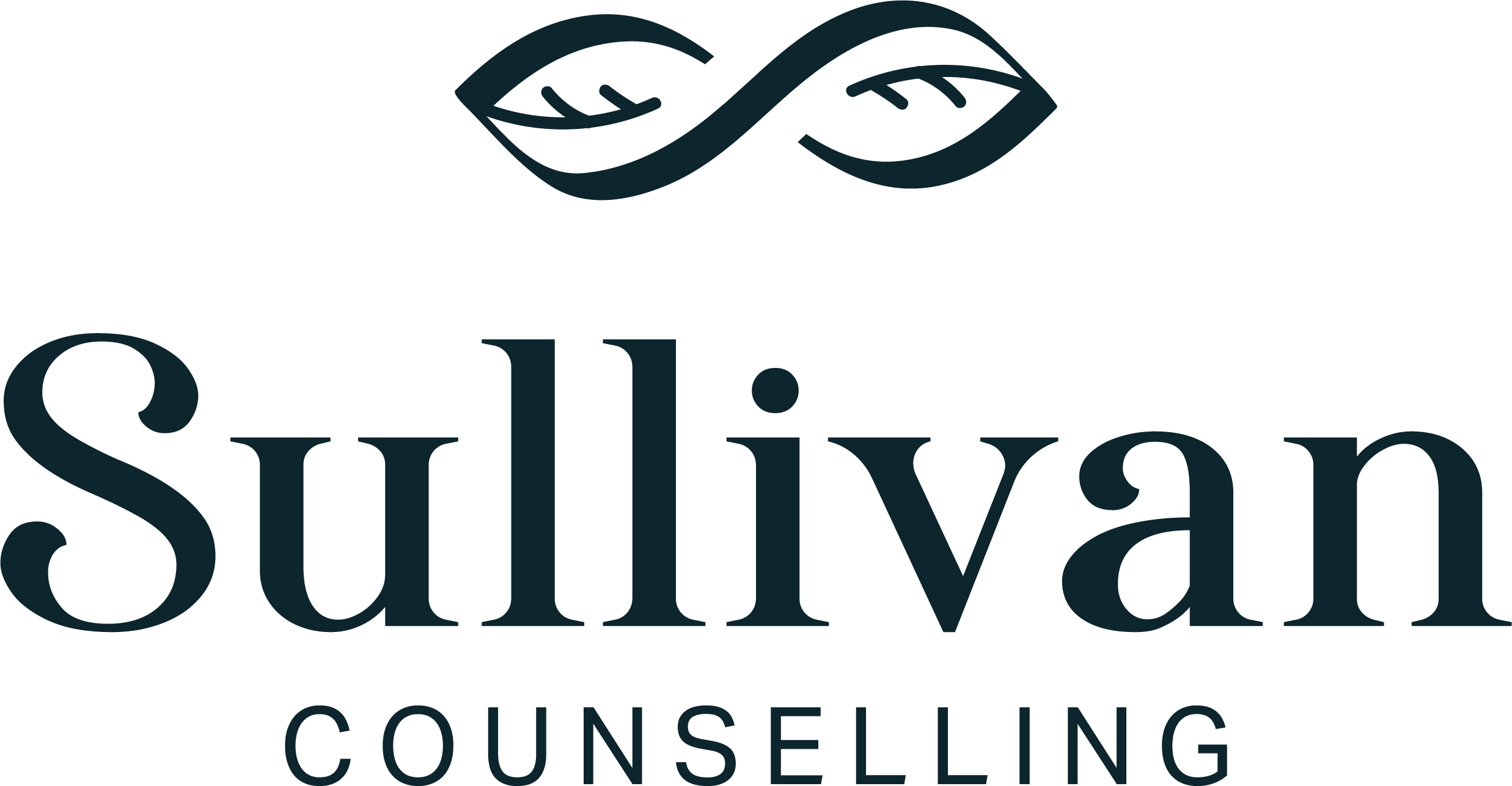
When something is causing you distress and it is interfering with your day-to-day activities, then it is a good indication that you would greatly benefit from counselling.
Some other indicators include:
- You are having negative thoughts about yourself.
- You find you are ruminating on an issue for a long period each day.
- You experience shame around an issue.
- You find you want to avoid people.
- You are having a difficult time experiencing joy and happiness.
- You have developed unhealthy coping to deal with the issue.
- You are experiencing difficulty at work, school, or in your relationship because of the issue.
- You find you are in a constant state of overwhelm.
- You are unable to move forward in a positive direction with your life.
- You are making self-defeating choices.
- You feel happiness is not available to you.
- You feel different and you can’t connect.
- You feel like no one will understand you or your situation.
- You easily lose control of your emotions and you do not respond in the way like.
- You have difficulties identifying your own feelings and expressing them.
- You are not able to feel your emotions.
- You have low self-esteem.
- You want to believe more in yourself.
- You want to trust yourself and others more.
- You are consumed by your failure and feel all alone.
- Your good feelings about yourself stem from being liked by other people and receiving their approval.
- Your attention is focused on pleasing and protecting other people’s needs more so than your own.
- You have difficulty in forming and maintaining intimate relationships.
- You are afraid of being hurt or rejected by others and this determines what you say or do.
- You have difficulty making decisions by yourself.
- You have a passive-aggressive response to life.
- You have feelings of shame triggered by some situations.
- You have difficulty saying “no” and are not able to protect yourself.
- You blame others for your troubles and have a hard time taking responsibility for your thoughts and actions.
- You become aggressive and control and manipulate what others say and do.
- You feel “less than”, inadequate, and “not enough”.
- You use walls to protect yourself or to hide behind angry walls.
- You expect others to fill your needs automatically.
- You have abusive coping behaviours either physically, or emotionally or both.
- You act weak or fall apart in order to allow someone to take care of you.
- You easily become overwhelmed and preoccupied with another person.
- You are a perfectionist and place too much expectation on yourself, setting yourself up for failure.
- You only notice your failures and disqualify the positives.
- You make unfair comparisons with yourself and others leaving you feeling inadequate and not okay.
- You blame yourself or take responsibility for something that wasn’t your fault or under your control. Blaming yourself for anything that goes wrong around you, even if you had nothing to do with it.
Book An Appointment
For more information call or text Madeleine Sullivan at 778-584-3955,
or email madeleine@sullivancounselling.


